Feb 8, 2022
Approximately 15 km west of Nairobi, Kenya, in the heart of Kawangware, lies a sprawling slum of overcrowded shanty houses, where more than 600,000 inhabitants struggle to survive each day amidst extreme poverty and filthy living conditions.
Like in most African slums, food and safe drinking water is scarce, toilets and waste management systems are non-existent, and water borne diseases and other illnesses run rampant. With no financial help from the government, a lack of training and education among residents has led to high unemployment, substance abuse, and hazardous living conditions.
Children and youth in Kawangware are especially vulnerable, with many turning to the street to escape unbearable conditions at home. Girls are often forced into the sex trade and many boys join gangs, looking for a sense of belonging. They quickly learn that life on the streets is violent and unsafe; yet with few other choices, their decisions lead them directly into the cycle of poverty.
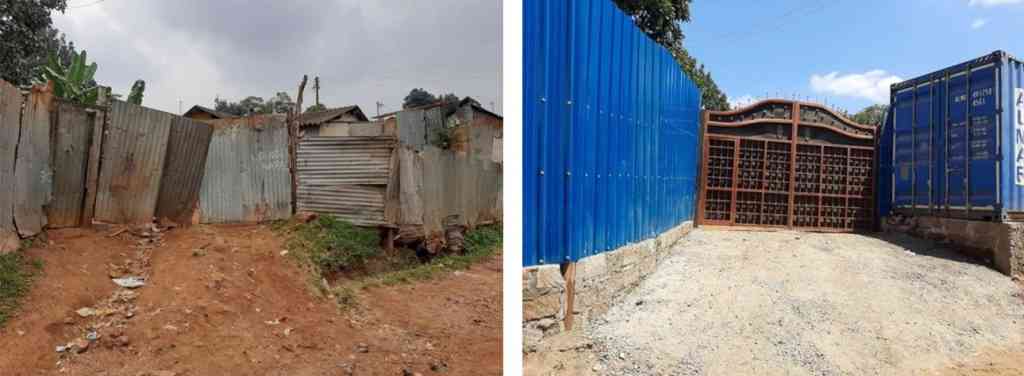
The compound gates – BEFORE and AFTER
In 2014, International Needs Canada — the Hamilton, Ontario-based Canadian arm of a global network with more than 30 partner countries worldwide — stepped-in to try to make a difference. Partnering with Real Hope Youth Community Organization (RHYCO), a local child welfare organization in Kenya, they opened a drop-in centre in Kawangware to give children a safe place away from the dangers of the street and the abuses of home life. For more than six years, the centre provided nutritional support, education, mentorship, hygiene care, and psychosocial support for both parents and children.
When COVID-19 hit Kawangware in 2020, the community experienced a sharp and devastating rise in crime, violence, and domestic abuse. Hearing horrific stories from children at the centre, it became apparent to RHYCO and the International Needs team in Canada that some of these children needed more than a drop-in center: they needed to be removed from their homes as soon as possible.
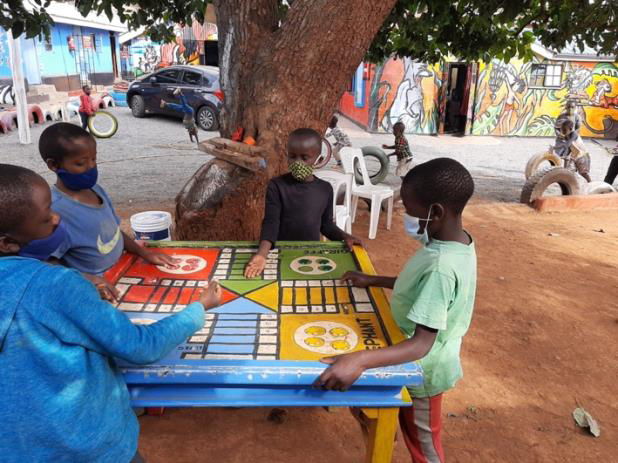
The courtyard – a safe space to play
In the summer of 2020, the groups began fundraising to establish a gated safe house compound to shelter extremely at-risk children in the Kawangware slum. By November, RHYCO had signed a lease and begun renovations and construction on two dormitories, a staff house, dining hall, kitchen, classrooms, office space, laundry room, storage room, and washrooms.
In an effort to make the compound self-sustaining, the team also incorporated plans for an agricultural component to supply their nutrition program (bananas, avocados, and chickens), a parental empowerment program to help families become financially independent so they can provide for their children’s basic needs, and a borehole and water purification system to provide clean water for the compound.
The following spring, a grant from the Gay Lea Foundation to International Needs Canada enabled the team in Kenya to purchase the materials needed to finish construction and renovations, pay local laborers and staff, cover some of the compound’s operating expenses for the first year, and, most importantly, fund the programs that transform children’s lives.
Since the centre’s completion in May 2021, the RHYCO Safe House and Drop-In Centre has become a trusted safe haven for abused and vulnerable children in the Kawangware Slum, serving as a drop-in center for up to 70 street children and a safe house for up to 20 children at a time who require temporary shelter from violence and abuse.
A report received from International Needs Canada in December 2021 details:
According to the report, the community has accepted the centre as a refuge for abused children and families have started coming forward with solutions.
“On behalf of International Needs Canada and the Real Hope Youth Community Organization (RHYCO), I would like to express our gratitude for the grant received this past year for our safe house project in Kenya,” says David Marshall, Chief Executive Officer of International Needs Canada. “Transformation is happening, and we are so thankful for the Gay Lea Foundation’s support!”
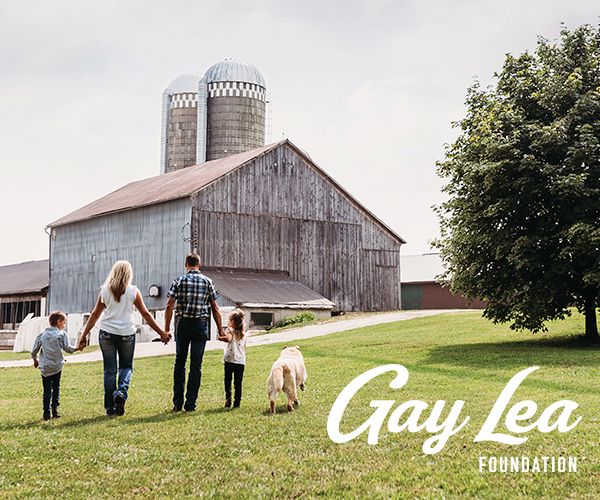
Feb 12, 2025
The Gay Lea Foundation today announced applications are now open for its Community Impact Grants program, supporting initiatives in education, health, wellness, poverty relief and sustainable agriculture...
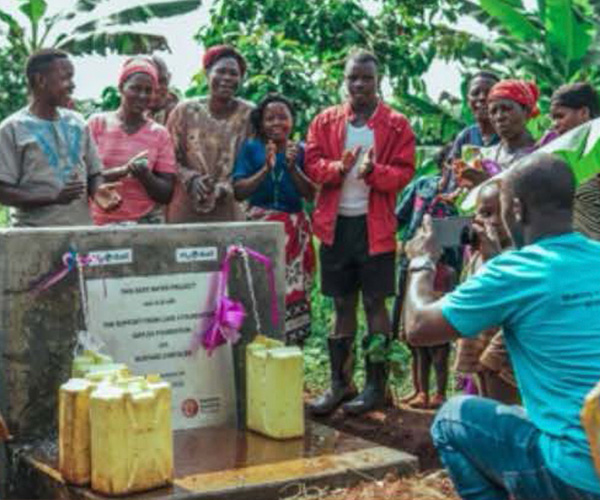
May 27, 2024
Residents of Lusera Village in Kenya celebrate the construction of a safe new water system made possible with support from the Gay Lea Foundation.
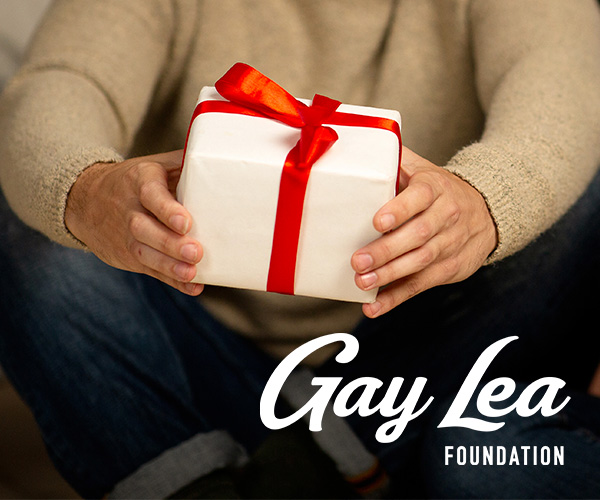
Dec 20, 2023
With the season of giving upon us, the Gay Lea Foundation is pleased to announce 10 new charitable grants supporting healthcare, poverty relief, and community well-being projects.
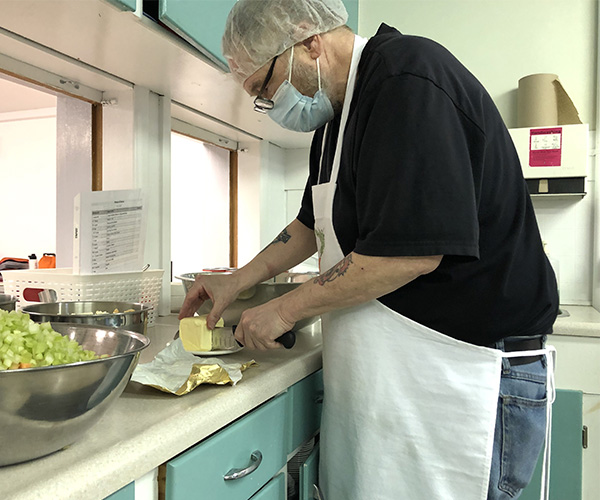
Sep 5, 2023
The Raw Carrot is a social franchise that believes that every person who WANTS to work should have the opportunity for a hand-up instead of just a handout in life.